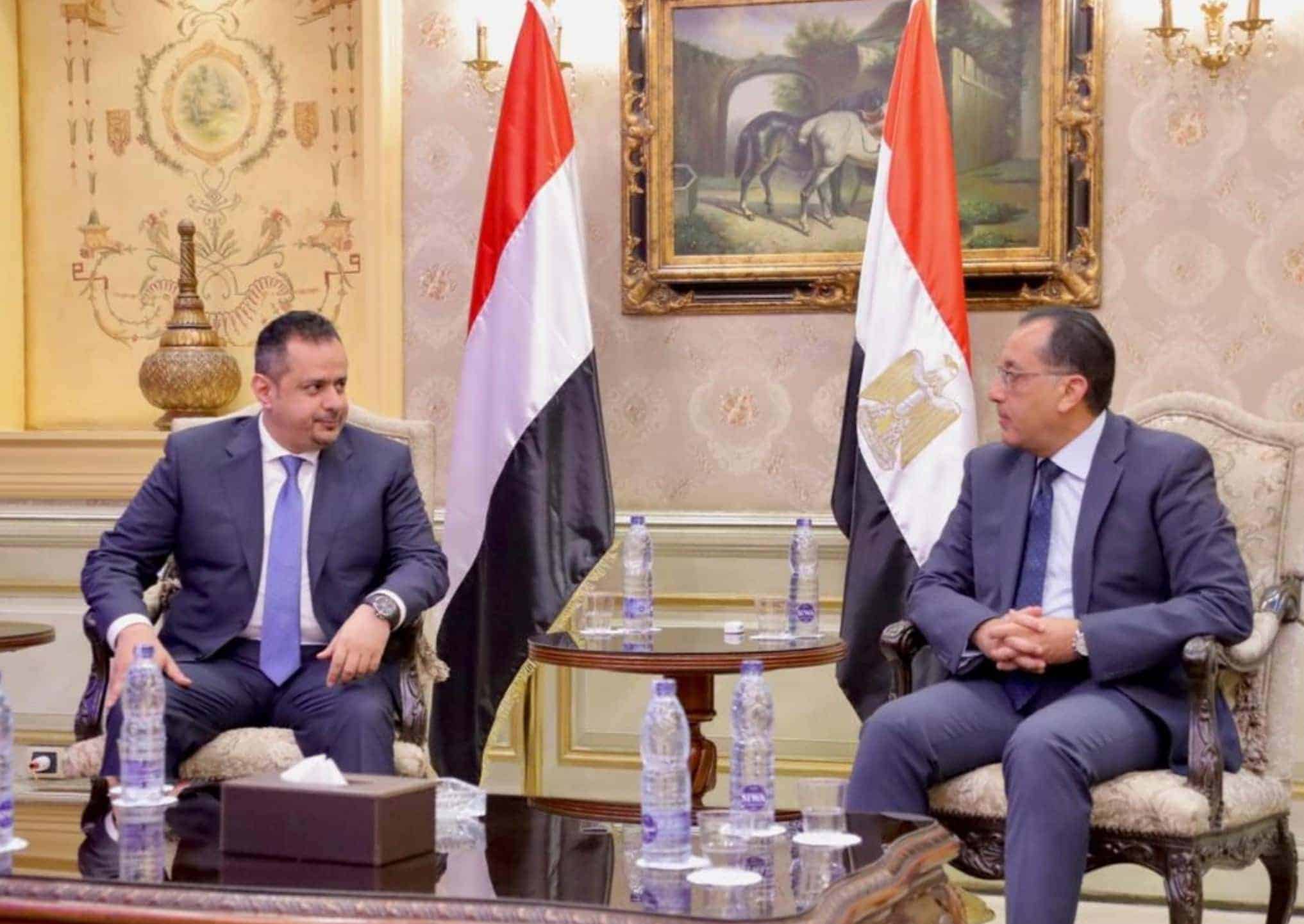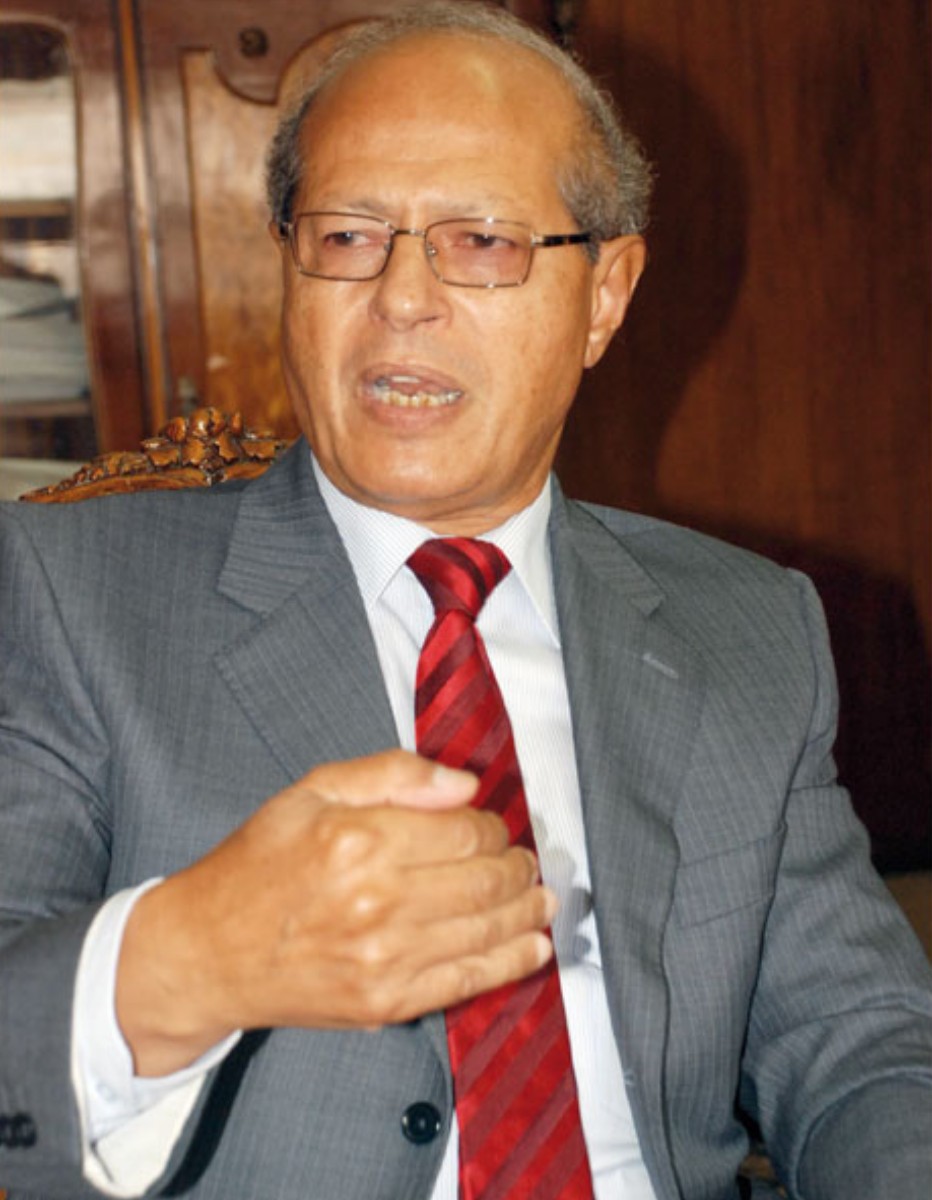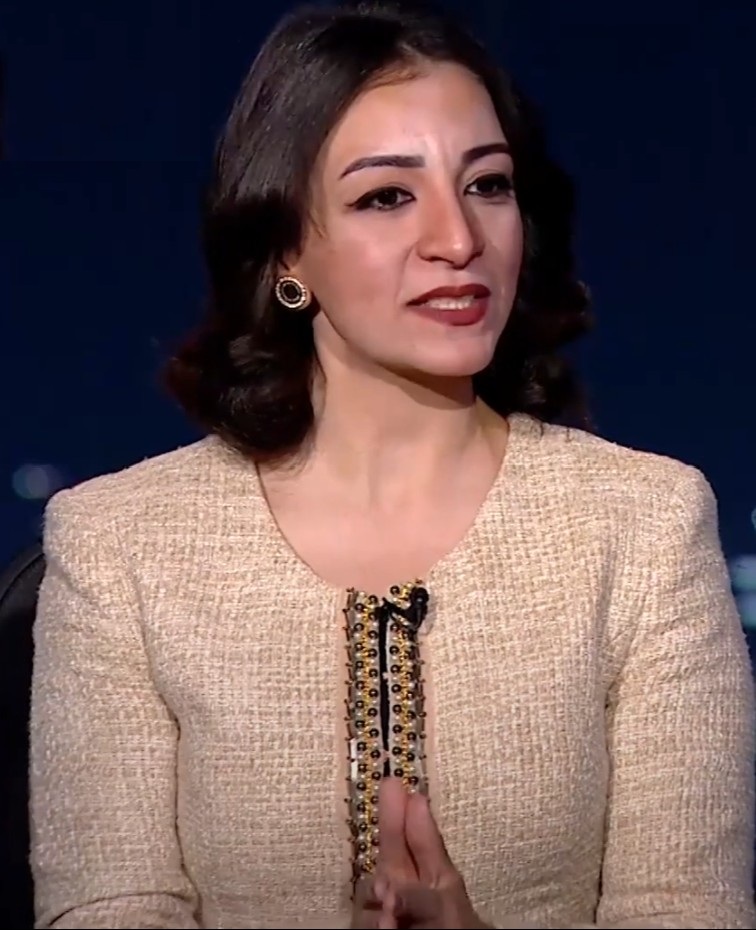
آخر تحديث في: 20-11-2021 الساعة 6 مساءً بتوقيت عدن
Farida Ahmed (South24)
Since June 30th 2013, years after the hardships and challenges amid political, economic fluctuations, Egypt has managed to regain itself as an active national state which has a big influence on the region and its interactions at several internal and external levels.
Over the last years, The Egyptian policy has witnessed notable diplomatic moves focusing on files of great importance such as enhancing its relationships with the Arab states, especially the Gulf countries, and intensifying its efforts in the Libyan file, through facilitating the political dialogue and settlement among its parties. Moreover, Egypt contributed, even in a symbolic way, with the Arab Coalition in the efforts to reinstall the internationally recognized Hadi Government in Yemen. It also played an active role in the cease-fire deal between Israel and Hamas in Gaza in May 2021, in addition to its balanced international relationships in light of the economic and political partnership.
On March 28th 2015, two days after the beginning of "Asifat Al-Hazm'' Operation in Yemen, led by the Arab Coalition, the 26th Arab Summit was held in Sharm El-Sheikh. The Yemeni crisis dominated the summit's agenda after the participation of 9 Arab states in the Coalition along with Pakistan. The goals behind the outbreak of "Asifat Al-Hazm) was not limited to supporting Hadi and his internationally recognized government, but also to reduce the Iranian expansionism in the region in light of the danger posed by Tehran's influence through its Houthi proxies in the Red Sea, Bab el-Mandab and the Gulf of Aden. This matter is related to the Arab national security, basically those nations close to those waterways such as Yemen, Egypt and the Gulf states.
Although the Egyptian role during the Arab Coalition's military operations has been limited and nominal, except for some tasks related to securing the international navigation in the Red Sea (1), the diplomatic moves and activity of the Egyptian foreign policy towards Yemen were notable recently.
Noteworthy, the meeting between the Egyptian PM "Mostafa Madbouly" and his Yemeni counterpart "Maeen Abdulmalik" last October discussed the importance of securing the navigation in the Arabian Gulf and Bab el-Mandab Strait (2). It seems that this matter is among Cairo's top priorities, as Bab el-Mandab is the most important navigation artery for Egypt, especially that 98% of goods and ships enter the Suez Canal through the Strait. This means that any disruption of the Strait's traffic would affect the Suez Canal's revenues which represent an important part of Egypt's national income. (3)
Additionally, Cairo's invitation to the internationally-recognized Parity government including the ministers of Oil, International Cooperation, Communication, Transport, Public Health and Population, as well as the meeting between the Egyptian President Abdulfatah Al-Sissi and the Defense Minister "Al-Maqdashi (4) reflected Egypt's great interest of the Yemeni developments.
Non-resident Egyptian Ambassador "Ahmed Farouk" previously met with the STC President Aidrous Al-Zubaidi, late last year to support the Riyadh Agreement, and find a political solution for the Yemeni crisis (5), in addition to undisclosed meetings with a number of the STC leaders in Riyadh and Cairo according to "South24" sources.
Furthermore, the former UN Envoy to Yemen, Martin Griffiths, visited Egypt and met with its Foreign Minister, Sameh Shoukry, last April (6) which reflected the same attitude backing the efforts to reach an all-out and lasting political solution for the Yemeni crisis.
Those intensified diplomatic meetings over the last months sent clear signals revealing a big Egyptian interest at all the security and political levels in the Yemeni file, especially that countries such as Iran and Turkey are among leading states involved in the Red Sea geopolitical scene. The extremist religious group such as the Iran-backed Houthis and the Islah Party, affiliated with the Turkey-backed Muslim Brotherhood pose a real threat to the Strategic Bab el-Mandab Strait and the regional maritime-security due to the ambitions of their supportive states accused by Yemeni local parties of backing and financing “their armed militias”.
The prospects of the Egyptian role in Yemen
The Egyptian role in the region has varied between the political and diplomatic representation which has been somewhat related to the changes of the political dynamics and balances in the whole region. The presence of Egypt as a pivotal state is important for its foreign policy, especially in Yemen, following nearly 10 years of absence. However, it seems that the interest this time is focused on peace efforts and supporting the political settlement among the different parties of the Yemeni crisis. Egypt has adopted a clear position since the beginning of the Coalition’s military operations. Egyptian involvement, besides political support of the Arab Coalition, has been limited to light air and sea participation as part of protecting maritime navigation. It has not provided any ground troops in the Yemen war (2015).
It can be said that the bitter experience, Egypt had witnessed in the 1960s, when it militarily participated to support the Yemeni Revolution against the rule of the Imamate doesn’t encourage it to repeat it again, as it has paid heavy price during its war in the deep North Yemen’s mountains, and lost more than 10000 soldiers as well as incurring huge debts because of the war. During a conference, President El-sisi said that the Yemen War in the 1960s is the reason behind the accumulation of Egypt’s debts over the following years (7). Observers believe that this war was among the causes of the Egyptian Army’s suffering and defeat in 1967. Thus, Egypt won’t risk being involved in another historical mistake, especially after it restored stability along with economic, security and political recovery.
It is worth mentioning that Egypt played a prominent role in 1950s in backing the former South Yemen state “the People's Democratic Republic of Yemen” as extension to its support of the October 14th Revolution, and the independence of what was known as “Federation of South Arabia” from the British colonialism which ruled this strategic part of Southern Arabian Peninsula for 129 years. Moreover, Egypt had an opposing position towards the 1994 War, launched by Sana’a regime against South Yemen, when the then Egyptian Foreign Minister Amr Mousa expressed his country’s clear position by saying that “unity can’t be imposed by force”. (8)
Currently, the official Egyptian policy demonstrates efforts to promote peace among the local Yemeni parties including the Southern officials, especially that South Yemen overlooks Bab el-Mandab, which is protected by the Southern forces affiliated with the STC.
Consequently, it seems that the Egyptian role carries a more comprehensive strategic vision for the situation in Yemen, not including the military one so far. However, fears or possible threats against Egypt through the Red Sea don’t mean it won’t even move a muscle. Egyptian officials previously said that Egypt won’t tolerate any threats to the strategic waterway which connects the Suez Canal with The Gulf of Aden and the Arabian Peninsula, through the Red Sea, and even waved the possibility of military intervention. (9) However, peace-making is a more suitable approach for Egypt as being a pivotal and influential country in the region.
Cairo’s steps towards peace
The regional and international developments have impacted the Egyptian Foreign Policy, starting from closing the dispute page and restoring the relationships between Qatar and boycott states, mainly the KSA and Egypt, as well as proposing a peace map in Libya and reducing escalation with Turkey, in addition to reviving the peace role in Yemen by supporting the Parity government produced by the Riyadh Agreement. All those developments have encouraged Cairo to play a big political and diplomatic role in the regional surroundings
Usually, the official Egyptian vision indicates that the solution basically depends on resorting to the three references (i.e. the GCC initiative and its implementation mechanism, the National Dialogue outcomes, and relevant Security Council resolutions, in particular 2216) that oppose the Iran-backed Houthi group, and which some international and local parties call for overriding them (the three references).
In this regard, Ambassador “Rakha Ahmed Hassan'', a member of the Egyptian Council for Foreign Affairs, and the former Assistant Foreign Minister told “South24” that “Egypt believes in the necessity of returning to the three references, the Gulf Initiative, UN Security Council Resolution 2216 and the outcomes of the National Dialogue Conference for the peace process in Yemen. This position is not separated from the international, regional and Arab frame.
The Egyptian diplomat believes that “solving the Yemeni crisis is important for Egypt. Shifting from fighting to peace through the principle of accepting participation and setting in the negotiation table for convergence of views, and reaching an all-out political settlement is an important factor for stability in Yemen and the region in general”.

He indicated that “pushing for participation based on reconciliation is something which is backed by Egypt as well as the KSA and the Gulf states”.
The former Foreign Ministry official ruled out the military solution as a way to resolve the war in Yemen “due to the Mountainous geographic nature and the geopolitical location of Yemen, as well as the highly influential tribal factor and other factors that have produced realities which have not allowed one party to overcome the other in Yemen”. He added: “in the 1960s, Egypt witnessed a former experience related to such a matter”.
He believes that Yemen’s security and stability are “part and parcel of the Arab national security”. He told “South24” that “Egypt is basically interested in its security in the Red Sea, Bab el-Mandab and the Gulf of Aden’s Region, as securing the Maritimes ports and lanes leads to the economic development and the increase of the trade exchange, while the prolonged civil war in Yemen is wasting the human and economics resources” according to the ambassador.
The former Assistant Egyptian Foreign Minister sees that “the Yemeni generations need qualification and psychological support after all what they have witnessed, stressing that “Yemen is actually a power that can enhance the other Arab powers. Therefore, it is time for peace, building and development”.
For her part, Dr. Eman Zahran, the Egyptian Expert, specialized in international relations and regional security said that Cairo supports fulfilling the requirements of the political settlement in Yemen for several reasons top of which is “securing Bab el-Mandab Strait in a way that secures navigation in the Red Sea and Suez Canal in turn” as well as “besieging the regional employment of the rising power towards the Yemeni gate, and encircling their influence in the region through their arms represented by the Houthis”.

Zahran told “South24” that Egypt backs the stability of the “Central state” which, according to the Egyptian vision, is one of the most important mechanisms supporting the regional security arrangements in the region”
She believes that the Egyptian support of the political settlement operation in Yemen “would bury any attempts to export the internal turmoil and security tension to the neighboring countries”.
In light of Egypt’s attempts to maintain an effective presence as part of the peace efforts and the political settlement operation in Yemen, Dr. Eman Zahran said that “Egypt made several moves including providing political and diplomatic support to the Yemeni issue, as well as showing openness towards other political parties which are obviously involved in the Yemeni file, mainly the STC, and the General People's Congress party, in addition to contributing in the humanitarian support to the Yemeni people, and hosting the Yemeni brothers provisioning them with all healthy, educational and security services, as well as facilitating the their residence and work procedures”.
Accordingly, Cairo would likely extend its diplomatic activity during the coming period pushing for the success of the international efforts to produce a peace process that include all active parties in Yemen.
However, the political complexities of the Yemeni file, especially in South, and the escalating threats posed by the “extremist religious groups” on the security of the Red Sea, Bab el-Mandab and the Gulf of Aden require more openness on the political active parties in South Yemen, mainly the STC.
Farida Ahmed
Resident Fellow with South24 Center, researcher and journalist in political affairs
- Photo: A meeting of the Yemeni Prime Minister and his Egyptian counterpart in Cairo, October 2021 (official)
- References
1- ”Egypt extends its military participation in the Arab Coalition in Yemen”(BBC News)
2- ”Egypt underscores its refusal to touch the navigation security in the Arabian Gulf” (al-ain.com)
3- ”Figures: the importance of Bab Al-Mandab”(raseef22.net)
4- ”Sissi to his guest Al-Maqdashi: Egypt won’t save efforts to help Yemen” (CNN Arabic)
5- “Egyptian Ambassador in Yemen meets the STC’s President” (almasryalyoum.com)
6- “Griffiths arrives at Egypt and discusses with its Foreign Minister supporting the peace efforts in Yemen” (yemenshabab.net)
7- ”President Sissi: the Yemen War is the reason behind the accumulation of Egypt’s debts” (YouTube)
8- “The Speech of Egypt’s Foreign Minister Amr Mousa in the 1994 War” (YouTube)
9- ”Egypt warns of closing Bab Al-Mandab in Yemen” (aljazeera.net)